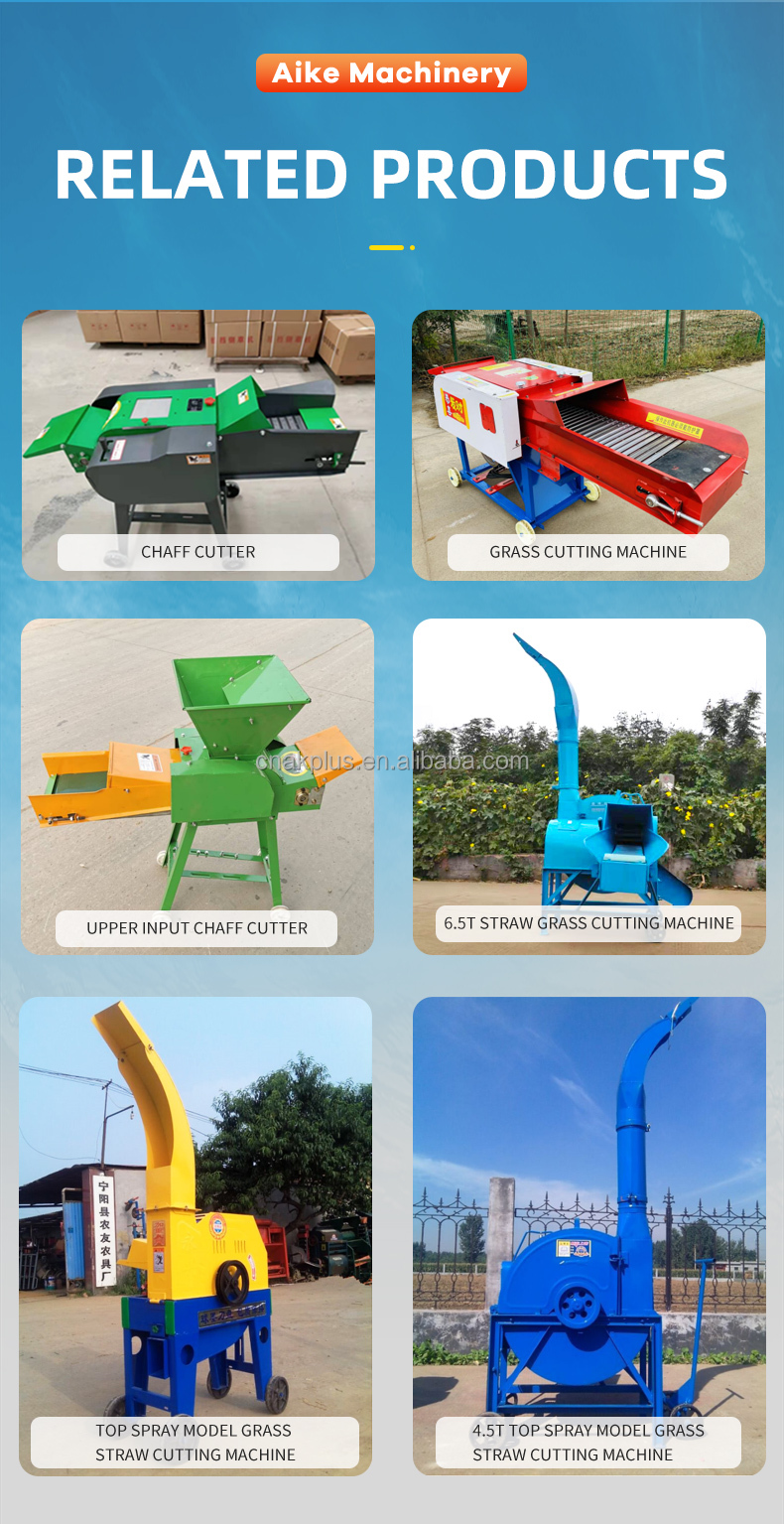feed mixer scales
Dec . 04, 2024 09:52 Back to list
feed mixer scales
The Importance of Feed Mixer Scales in Agricultural Operations
In the ever-evolving world of agriculture, precision and efficiency are key to successful livestock farming. One of the most critical tools in achieving these goals is the feed mixer scale. This apparatus plays a pivotal role in ensuring that livestock receive the right nutrition while also streamlining the feed preparation process. Understanding the importance of feed mixer scales can help farmers make informed decisions that enhance productivity and profitability.
What are Feed Mixer Scales?
Feed mixer scales are devices integrated into feed mixers, used to accurately weigh and blend various feed ingredients. They provide precise measurements of different components, allowing farmers to create customized rations tailored to the specific needs of their animals. These scales can range from simple mechanical systems to advanced electronic versions that offer real-time data and connectivity options.
Why Accurate Weighing Matters
The nutritional needs of livestock vary based on factors such as age, breed, and production goals. For instance, dairy cows require particular nutrients to maximize milk production, whereas growing cattle need different rations to promote healthy weight gain. Accurate weighing through feed mixer scales ensures that each feed batch meets these specific dietary requirements, promoting better health and enhanced productivity in livestock. Suboptimal feeding can lead to various issues, including reduced growth rates and deficiencies that may compromise animal welfare.
Enhancing Efficiency in Feed Mixing
Traditional methods of feed preparation are often labor-intensive, involving manual mixing and estimation of ingredient quantities. This approach increases the chances of inaccuracies, leading to inconsistent feed quality. Feed mixer scales revolutionize this process by automating the weighing and mixing stages. This not only speeds up feed preparation but also minimizes waste, as precise amounts of ingredients are used, avoiding over- or under-mixing.
feed mixer scales

Moreover, advanced feed mixer scales can connect to farm management software, enabling operators to track feed formulations and nutritional compositions easily
. This integration fosters a more organized operation, allowing farmers to plan ahead and maintain consistency in their feed rations.Cost-Effectiveness and Profitability
Investing in feed mixer scales can lead to significant cost savings for farmers in the long run. By ensuring that animals receive the correct nutrition, farmers can avoid the expenses associated with poor health and low productivity. Additionally, minimizing feed waste directly impacts the bottom line. With precise weighing, farmers can optimize ingredient procurement and reduce surplus costs.
Furthermore, accurate feeding leads to improved livestock performance, enhancing productivity metrics such as milk yield and growth rates. These improvements can translate into higher revenues for farmers, making feed mixer scales a potentially lucrative investment.
Environmental Considerations
Sustainability is increasingly becoming a focal point in agricultural practices. By utilizing feed mixer scales, farmers can contribute to more environmentally friendly operations. Accurate feeding reduces the excess application of nutrients, which can lead to soil and water pollution. Less wastage also means less feed production required, which ultimately reduces the carbon footprint associated with livestock farming.
Conclusion
In summary, feed mixer scales are indispensable tools in modern agriculture, providing numerous benefits that enhance the efficiency, effectiveness, and sustainability of livestock farming operations. By ensuring accurate feed formulation and reducing waste, these scales play a crucial role in optimizing animal health and productivity. As the agricultural sector continues to embrace technology and innovation, the adoption of feed mixer scales will likely become increasingly prevalent, leading to more sustainable and profitable farming practices. Investing in such technologies not only supports the immediate operations of a farm but also cultivates long-term success in a competitive marketplace.
-
Hot Sale 24 & 18 Door Rabbit Cages - Premium Breeding Solutions
NewsJul.25,2025
-
Automatic Feeding Line System Pan Feeder Nipple Drinker - Anping County Yize Metal Products Co., Ltd.
NewsJul.21,2025
-
Automatic Feeding Line System Pan Feeder Nipple Drinker - Anping County Yize Metal Products Co., Ltd.
NewsJul.21,2025
-
Automatic Feeding Line System - Anping Yize | Precision & Nipple
NewsJul.21,2025
-
Automatic Feeding Line System - Anping Yize | Precision & Nipple
NewsJul.21,2025
-
Automatic Feeding Line System-Anping County Yize Metal Products Co., Ltd.|Efficient Feed Distribution&Customized Animal Farming Solutions
NewsJul.21,2025






